So before we get to talking about the best essential oils for gardening, first let me talk a little bit about your organic garden.
A garden is like a community, where all the different parts work together to create a thriving ecosystem. In order for this community to work how you want everything has to do it’s part.
This site contains affiliate links. If you make a purchase using one of these links, I may earn a commission. Please see my disclosure page for more information about cookies collected and our privacy policy.
And that starts in the soil. Your soil is the backbone of your organic garden. Good soil is nutrient rich, full of organic matter, and has good drainage.
A great garden has great soil. A healthy garden has great soil. So if you aren’t already, be sure you are testing your soil and amending it as needed. Check out my article on 8 Ways to Improve Your Garden Soil for Free for some ideas.
Now that’s out of the way, let get back to how to use essential oils in the garden to help with disease, garden pests, and attract pollinators.
9 Best Essential Oils for Gardening
Cinnamon Essential Oil
Cinnamon essential oil will help repel garden pests such as ants, gnats, snails, but where it really shines is in its ability to help with your garden weeds! Check out the recipe at the end of this article for an easy, essential oil weed-killer!
Cinnamon essential oil can also help treat fungus that attacks your plants!
Tea Tree Essential Oil
Tea Tree oil is another fungus-fighting essential oil. So it can be mixed into a spray to control fungal infections such as blight that attacks your tomatoes or potatoes or powdery mildew in your cucurbits.
Tea tree oil can burn your plants so spray in the morning or evenings and spray lightly.
Pick up a copy of my Companion Planting Guide and Binder to help you design the perfect garden beds with companion planting in mind. Everything you need to know about companion planting in an easy to read format so you can start companion planting sooner!
Peppermint Essential Oil
Peppermint oil is a great insect repellent for your garden (and your home!) It will help fight pests such as ants, aphids, bean beetles, cutworms, flea beetles, slugs and more.
This oil is also great for deterring larger pests such as mice, moles, and squirrels. You can simply place a few drops of peppermint oil on a cotton ball and place them in problem areas around your garden- or down in mole tunnels!
Basil Essential Oil
Essential oils in the garden isn’t only about pests and disease, but they can also be used similar to companion planting.
Maybe your garden is small, or you just don’t want to grow basil, but want the properties it gives as a companion plant- that’s where basil essential oil comes it- it can be used to enhance the growth of plants such as tomatoes, beans, broccoli, peppers, and potatoes!
Simply make an essential oil tea and water as usual! (recipe below)
Rosemary Essential Oil
Rosemary Oil is another great for pest control. Use it to repel pests like ants, aphids, bean beetles, cabbage butterfly, flea beetles, and more. It also be used in an essential oil tea for plants like broccoli, cabbage, and cauliflower.
Clove Essential Oil
Clove oil is another essential oil you can use for almost all the uses in your garden. It’s great at killing weeds, repelling insects, and to control mold/mildew/fungus on your soil and plants!
Oregano Essential Oil
Oregano oil is a strong oil that I use in my home to help with things like athlete’s foot and ringworm. So it’s no surprise that oregano oil can be used in the garden for problems with fungus too!
It also is a great deterrent for flying pests such as carrot fly, green fly, mosquitoes, and flies in general.
Lavender Essential Oil
In addition to deterring pests, essential oils can also attract beneficials and pollinators. Lavender oil is a great attractant for both bees and butterflies.
If you can’t grow lavender plants, or if you just want a little extra push in your flower garden place cotton balls with a few drops of lavender oil, or make a light spray with water to spray the area.
Orange Essential Oil
Orange Oil is another oil that attracts pollinators to your garden. Mix it with lavender or by itself to spray around your garden to make it smell amazing and bring in those much needed pollinators!
How to Use Essential Oils for Gardening
There are a few different ways to use essential oils in your garden. They are:
Sprays: Remember a little goes a long way when it comes to your oils. Mix just one or 2 drops in a spray bottle filled with water and shake well before each use. Spray your plant in the early morning or evening, and wait until the rain is out of the forecast! *Glass spray bottles might be best, but they are harder to find for large scale garden purposes.
Essential Oil Tea: You may have heard of compost tea for the garden, and this is a similar concept. Make your tea and then use it to water your garden. The basic recipe can be found below.
Cotton Balls: Cotton balls can be used to deter larger pests at the ground level. Place soaked cotton balls in rodent nests or burrows. You can also use them to attract pollinators to an area. Replace as needed.
Strings or Strips: Soaking a cotton string or strip and then hanging it between rows or from a tree branch can confuse the sense of smell in insects and deter pests without having to spray an entire area. Refresh as needed.
Recipes for Essential Oils in the Garden
Insect Deterrent Spray
In a large spray bottle combine the following (per cup of water)
1 drop peppermint
1 drop rosemary
1 drop thyme
Shake well and again before using. Spray in the early mornings or evening.
Fungus Spray (blight, powdery mildew, etc)
In a 1 gallon spray bottle, mix:
5 drops tea tree essential oil
1 drop oregano oil
1 squirt Castile soap
3 T baking soda
Fill with the bottle with water and shake well. Spray the leaves of your affected plants once a week, in the morning or evening
Essential Oil Weed Killing Spray
In a large pump spray bottle (I use one like this) combine:
Distilled white vinegar (to just below the fill line)
1 squirt of Castile soap
15 drops clove essential oil
10 drops cinnamon essential oil
Screw on the top of the spray bottle and shake well before use.
Be sure only to spray this on weeds, as it will kill your garden plants as well.
Essential Oil Tea Recipe
This is a basic tea recipe, use your choice of oil.
Add 8 drops of essential oil in 2 cups very hot water. Allow to cool.
Dilute this at the rate of ¼ cup added to 1 gallon of water.
Shake and water as usual.
And as a final reminder, don’t forget to use other natural and organic measures in your organic garden!
Diatomaceous earth is one of my favorite tools to get rid of pests in my garden.
Also be sure to check out the following articles on pest control and companion planting in the organic garden:
16 Ways to Use Companion Planting to Control Pest Naturally
How to Control Squash Bugs Naturally
How to Control Cucumber Beetles Organically
Get Rid of These 8 Garden Pest Naturally!

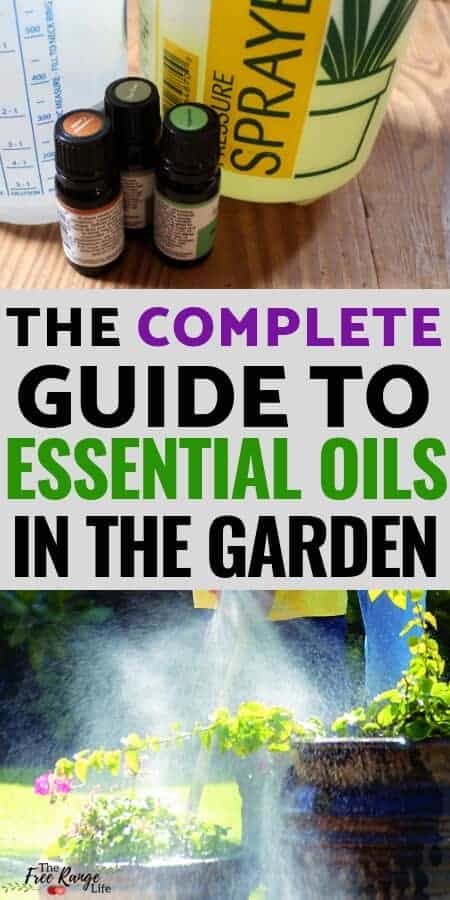
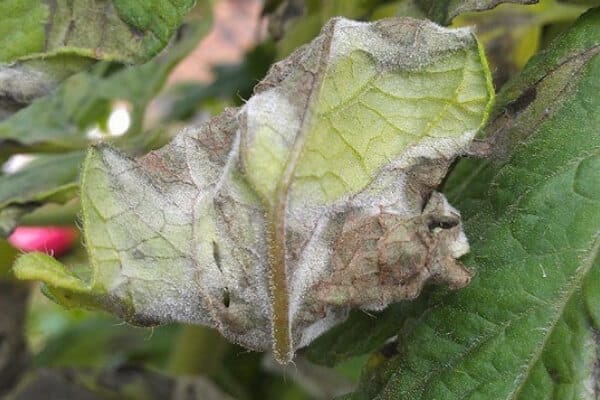
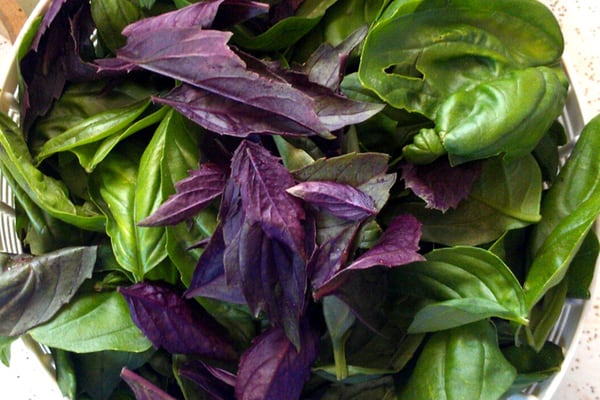
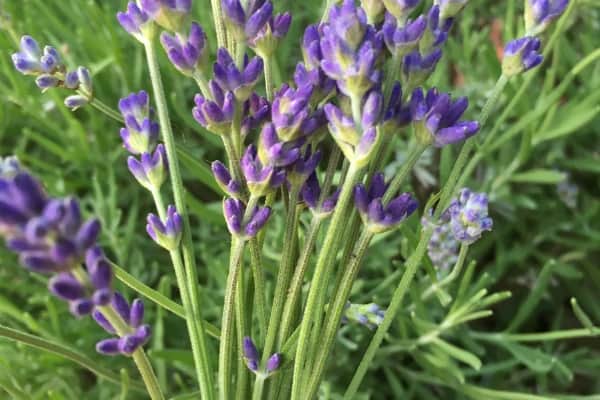
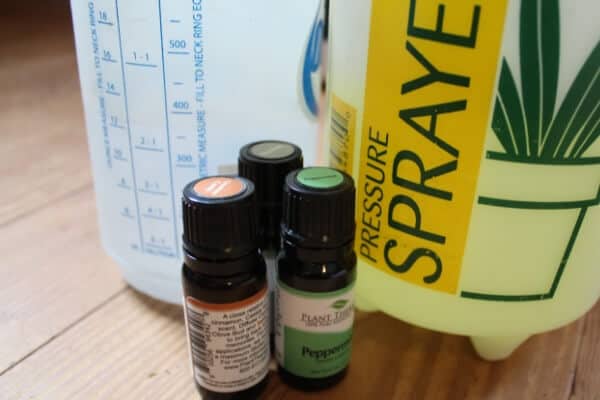
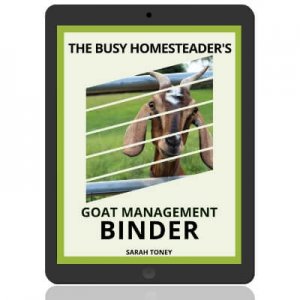
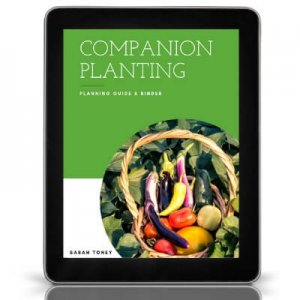
Thank You have a great day day
I will be mixing up some of these recipes. Thank you for the info.
Thank you very much. This article is informative and helpful.
do you have print out sheets on all your items
I’m going to try these cause I have terrible ant problems and these tiny white bugs that jump. Middle of hurricane season and so much rain definitely could use these for fungus control!
what is the best oil for cabbage moths?
Hello, is there another oil to use instead of tyhme? I have the peppermint and rosemary